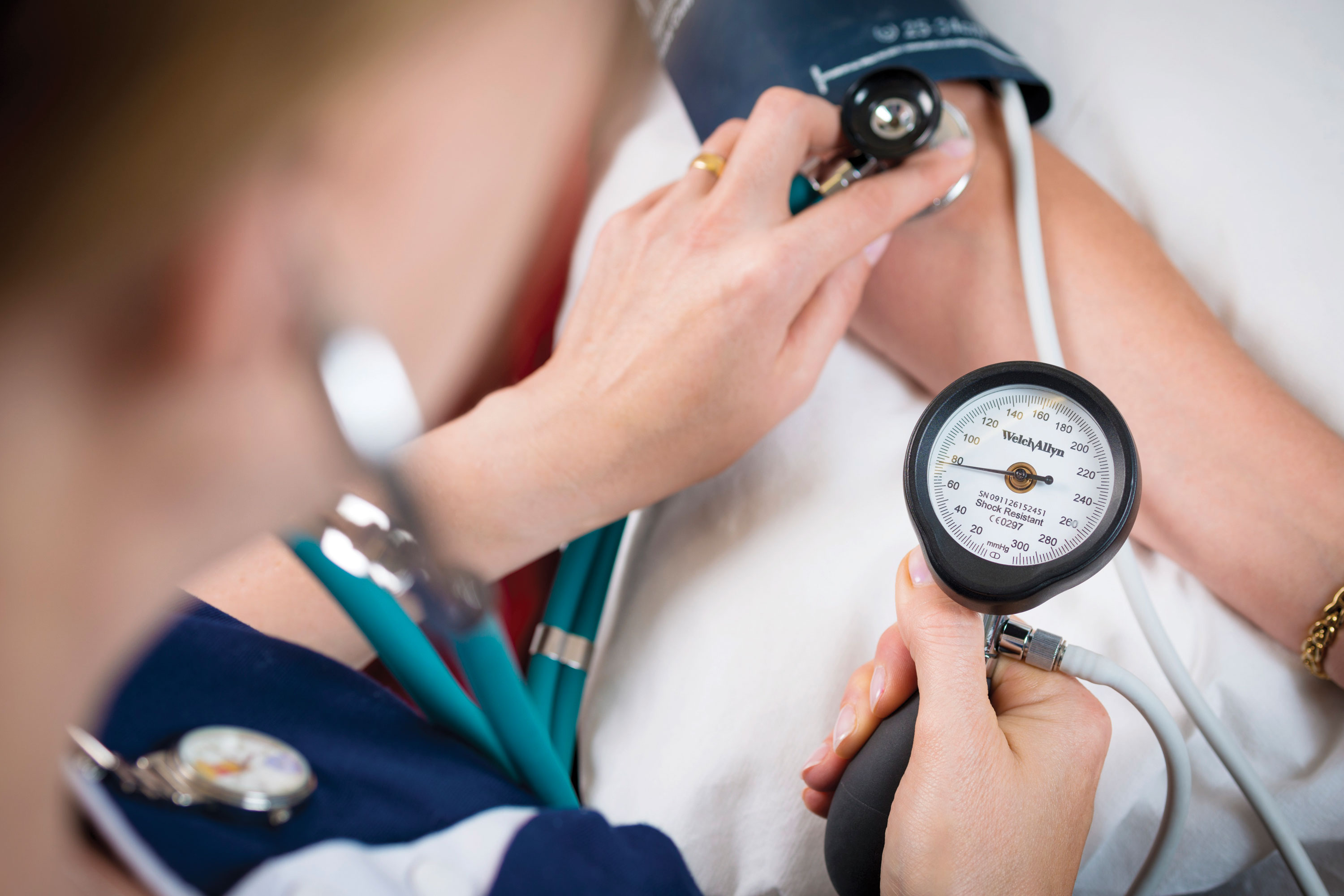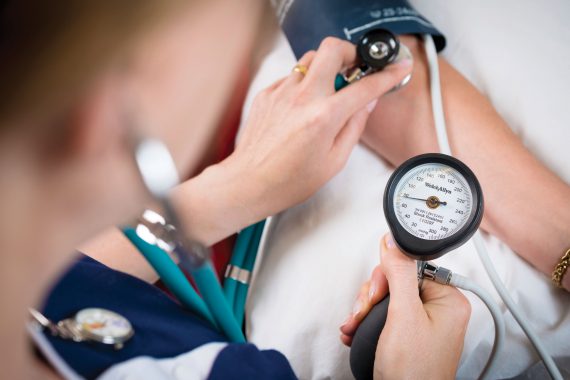
The guideline
A document produced jointly by the Association of Anaesthetists of Great Britain and Ireland and the British Hypertension Society, which aims to prevent a diagnosis of hypertension being the reason for the delay or cancellation of planned surgery.
Key points for GPs
• GPs should only refer patients for elective surgery with mean blood pressures in primary care in the past 12 months of less than 160mmHg systolic and 100mmHg diastolic.
• Patients who remain hypertensive despite optimal treatment, or who refuse treatment, may still be referred.
• GPs should document blood pressure readings in the referral letter. Surgeons are asked to request blood pressure readings from GPs for the past 12 months if they are not documented.
• Patients who present to pre-operative assessment clinics without documented readings should proceed to elective surgery if clinic blood pressures are below 180mmHg systolic and 110mmHg diastolic.
Practical issues
Persuading hospitals they do not need to take a pre-operative reading, as there have been reports of patients being rejected on the basis of a single reading exceeding 160/100mmHg.
Expert comment
Co-chair of the guidelines working party, and Whitby GP Dr Terry McCormack said: ‘We wanted to create a commonsense document that everybody can use as a benchmark. Blood pressure readings need to come from primary care, since there is already recognition that this is the best place to have them done.
‘It shouldn’t be too big an ask for GPs to include blood pressure in a referral document – the guidelines are intended to make both GPs’ and patients’ lives easier.’
The guideline
Hartle A, McCormack T, Carlisle J et al. The measurement of adult blood pressure and management of hypertension before elective surgery. Anaesthesia 2016, online 17 Jan

















